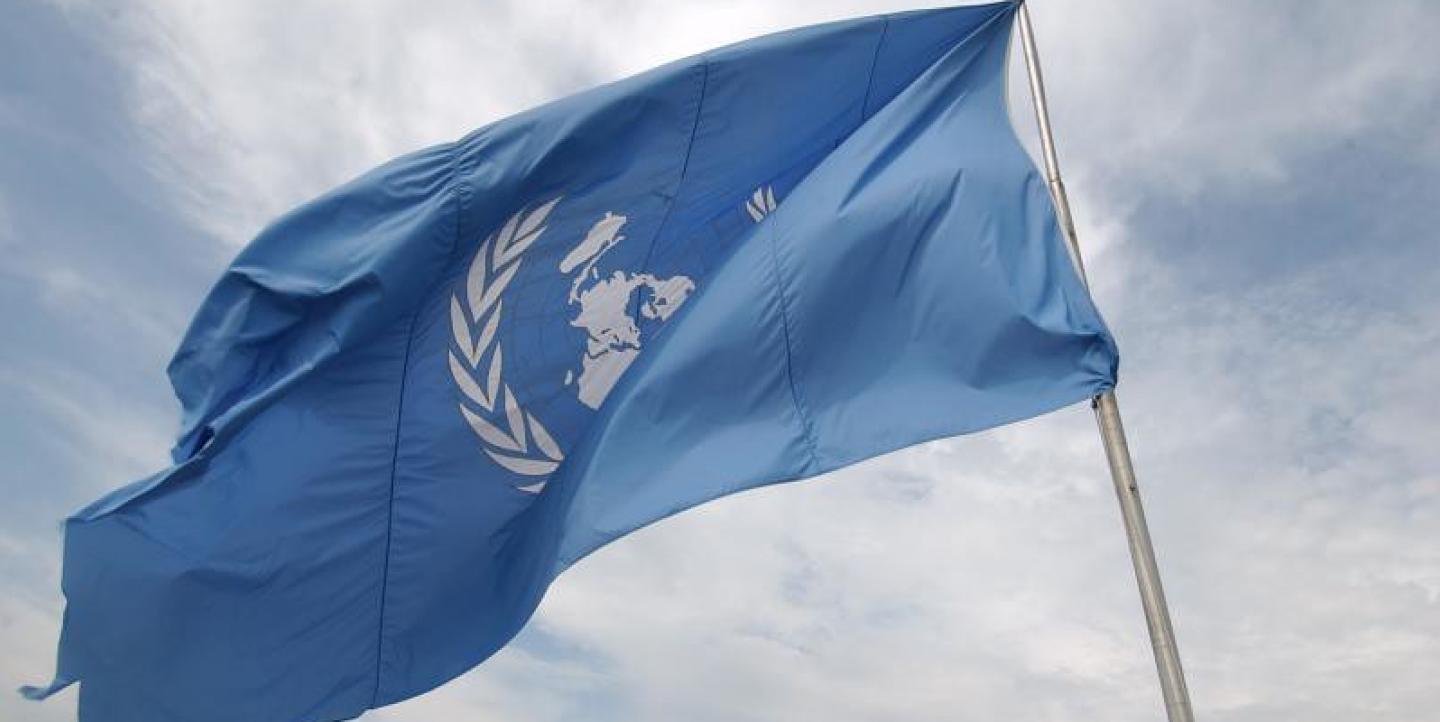More than 200 cartoonists signed a declaration seeking the recognition of cartooning as a fundamental right. The declaration was submitted to UNESCO officials last month in Addis Ababa during the World Press Freedom Day conference on May 3.
French independent cartoonist Xavier Groce coordinated the "Addis Ababa declaration," as they called it, which included signatories from more than 20 different countries.
The two-page document outlined the intrinsic and unique value of cartooning, claiming that the art is increasingly under the threat of censorship globally. Emphasizing the value of cartooning in society and the crucial role of the cartoonist in a democracy, the group made a case for recognizing it as a separate right, aside from the right to free expression that is already enshrined in Article 19 of the Universal Declaration of Human Rights.
Examples of cartoonists under siege have emerged from across the world, including Aseem Trivedi in India who was charged with sedition in 2012, the French cartoonists who worked at the satirical paper Charlie Hebdo who were killed in 2015 or the penal provisions passed in Rwanda in 2018 forbidding humiliating cartoons about government officials (though it was recently repealed).
The declaration asserted that “the freedom to draw is a fundamental right,” called on member states to “open processes of discussion and reflection on “the right to satire and irreverence,” and suggested that UNESCO designate an International Day of Cartooning. Their final request sought that the UNESCO General Directorate “transmit this declaration to the international community at the next UNESCO General Conference.”
“If UNESCO takes up this topic and transforms it into an official resolution, it could be a strong marker on the international level so that in all countries press cartoonists are respected and one accepts the idea of humor, satire, irony,” said Groce, an independent French cartoonist who contributes to Le Monde’s online site. “There is something specific about press cartooning and so far, it is not well understood. We want to emphasize that we can have irony, make fun and we do not accept taboos.”
The declaration was supported by Cartooning for Peace, an international organization of editorial cartoonists founded in 2006 under the patronage of director general Kofi Annan.
“People should recognize our work is important for democracy,” said Nadia Khiari, a Tunisian cartoonist who began cartooning during the 2011 revolution, and a signatory of the declaration. “When a cartoonist is not able to work in their country it’s because there is a problem. We contribute to freedom of speech and democracy like a barometer, and we feel less lonely when we are organized.”
Signatories included cartoonists from India, Belgium, Spain, Algeria, the U.S., Israel, Mexico, Turkey and Switzerland, among others. The declaration was handed to UNESCO following the afternoon’s panel discussion on artistic freedom and unfettered expression.
“The enemy of cartooning is not just the law, it is self-censorship, even at the level of the editor or the media house,” said Zunar, a Malaysian cartoonist whose real name is Zulkiflee Anwar Haque and who has been arrested five times for his work. “Laughter is the best protest.”
Although freedom of expression is already enshrined by the UN as a fundamental right, the cartoonists hope the specific recognition of their art will provide an additional focus.
“It is in our interest for cartoonists to be protected by giving it a special category,” said Brandan Reynolds, a South African cartoonist for the Sunday Times, one of the signatories. “It will be important in the years to come.”
More recently, in June, the New York Times decided to stop running cartoons in its international edition and a Canadian cartoonist had his contract terminated by a newspaper group following a controversial cartoon. However, in both cases the publishers said the decisions were unrelated to any specific cartoons or cartoonists.
Some of the cartoonists at the conference expressed some of their challenges, and ways to deal with them. “The best thing to do when you have problems as a cartoonist is to contact associations who defend human rights and freedom of speech,” said Khiari. She pointed out that editorial cartoonists could consult Cartooning for Peace — which she is a member of — which has been monitoring threats and helping raise global public awareness on attacked cartoonists. Another member of the organization said they were in the process of drawing up a manual for threatened cartoonists that is likely to be out by the end of the year.
“My advice to cartoonists who face threats because of their work is don’t stop, because if you stop, that is what your aggressor wants,” said Zunar. “Keep using cartoons to tell the truth. But at the same time make sure you do homework to get the correct facts about the issues in your cartoons. By doing so, you can defend your work.”
Main image CC-licensed by UN Geneva.


